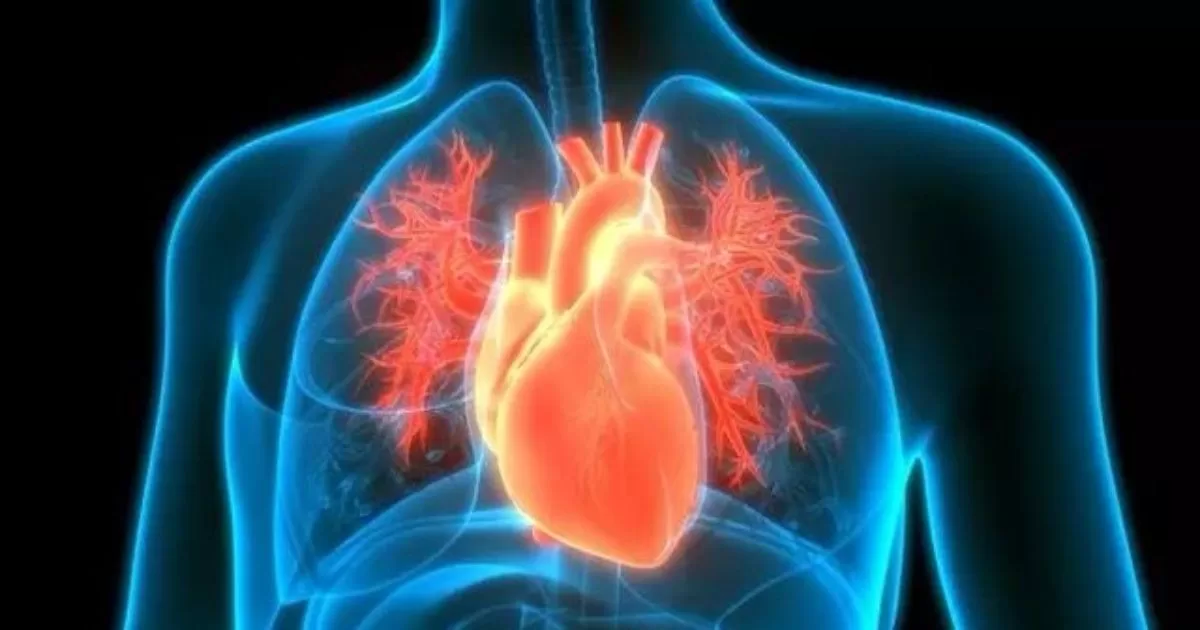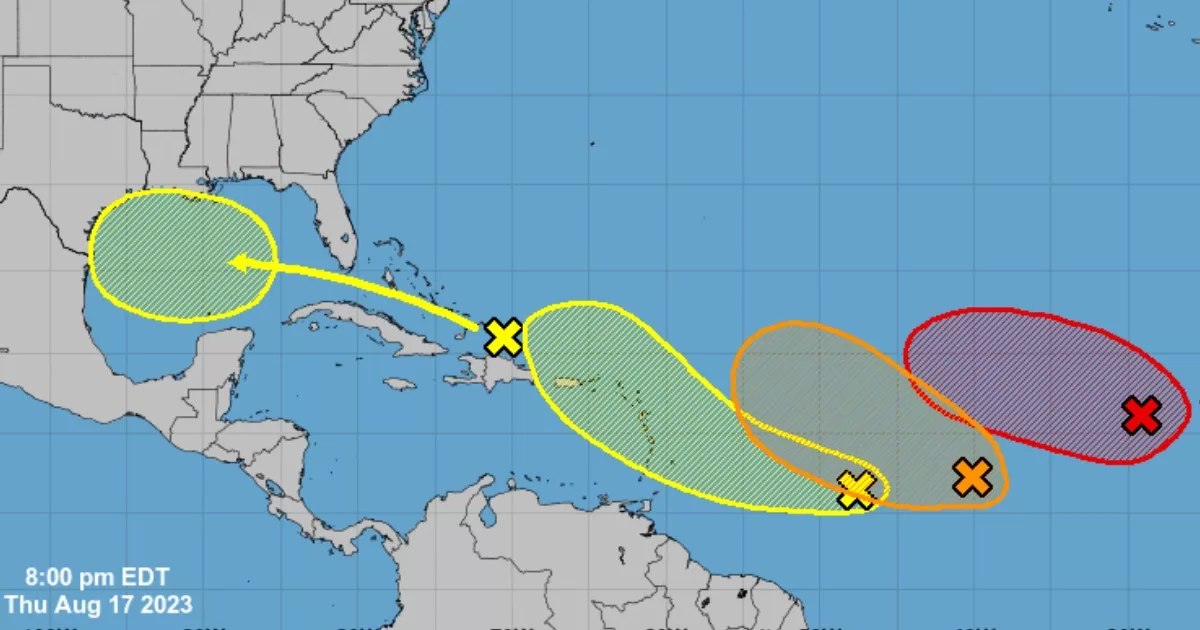MIAMI.- People who have the habit breathing through the mouth instead of the nose could have serious consequences on your cardiovascular health, found a recent study by a group of scientists from the Florida State University.
heart conditions They are one of the leading causes of death in the United States. According to the American Heart Association (AHA) Approximately 82.6 million Americans currently suffer from one or more forms of cardiovascular disease (CVD).
Among the most common heart diseases are Heart failure, hypertension or high blood pressure, myocardial infarction, among other. These are mostly caused by factors such as poor diet, physical inactivity, and tobacco and alcohol consumption.
However, this new research has found that breathing may also be a major risk factor. To reach this conclusion, the researchers evaluated 20 volunteers between 18 and 30 years of age without any cardiovascular disease.
They were asked to breathe through their nose or mouth for 5 minutes while resting or exercising on a treadmill or stationary bike. To measure heart rate, oxygen levels and blood pressure, and thus be able to compare the variables between nasal and oral breathing.
Breathe through the nose or mouth?
According to research, recently published in the American Journal of Physiology, Using physiological nasal breathing instead of oral or mouth breathing can dramatically reduce the risk of heart disease and improve blood pressure.
The researchers found that resting volunteers had a lower average diastolic blood pressure (the pressure inside the arteries between heartbeats) when they breathed through their nose.
Nasal breathing also caused the body’s nervous system to go into a rest-and-digest mode instead of remaining in a fight-or-flight mode, the results showed.
The team of experts specified that this only happened during the break. During the exercises no difference was shown between nasal and mouth breathing.
So they came to the conclusion that nasal breathing, unlike oral breathing, provides modest, but potentially clinically significant, improvements in cardiovascular prognostic variables at rest, but not during exercise.
¿How does breathing affect the heart?
The authors explained that breathing patterns can affect blood pressure and heart ratea, which are two predictors of heart disease, due to the interference that occurs between the respiratory and circulatory systems.
“This work advances our knowledge of how nasal breathing affects clinically relevant cardiovascular variables,” said the team led by Joseph Watso, assistant professor of human and health sciences at Florida State University in Tallahassee.
They highlighted that although nasal breathing has been shown to relax the airways and improve breathing efficiency, its effects on heart health have not been fully explored until now.
“However, our results demonstrated that other important predictive markers of cardiovascular health may improve during acute nasal versus oral breathing,” they added.
Progress to address the issue
Watso’s team assured that With these current findings, future work can address any potential connections between these clinically relevant respiratory variables. and changes in cardiovascular health, simultaneously measuring additional variables.
“This fundamental data set in young adults can be expanded to inform studies that examine whether other groups such as adults with obesity or older adults have reductions in cardiovascular disease by implementing a good respiratory method,” they explained.
They emphasized that with this work Advances in knowledge about how nasal breathing affects the cardiovascular system and provides critical acute data in healthy young adults to justify future long-term studies in other populations.
@Lydr05
Source: With information from the American Journal of Physiology and Health Day



